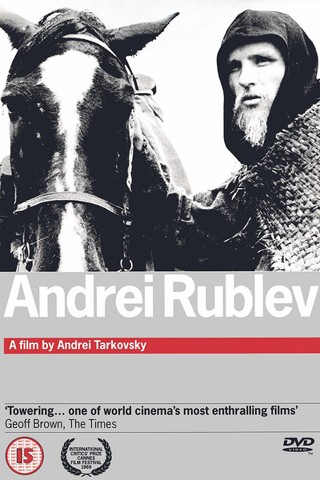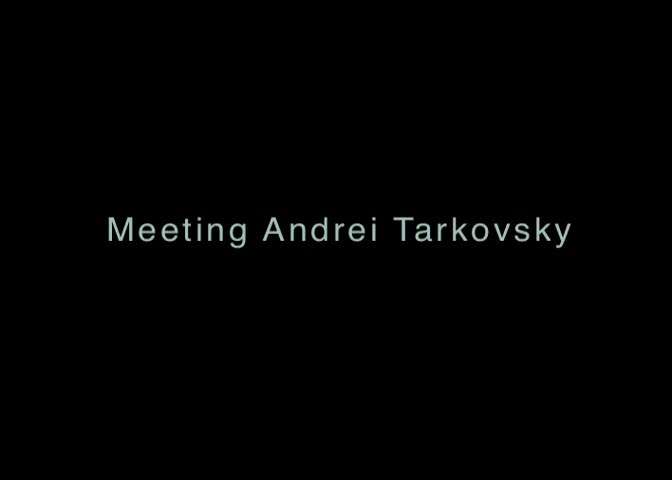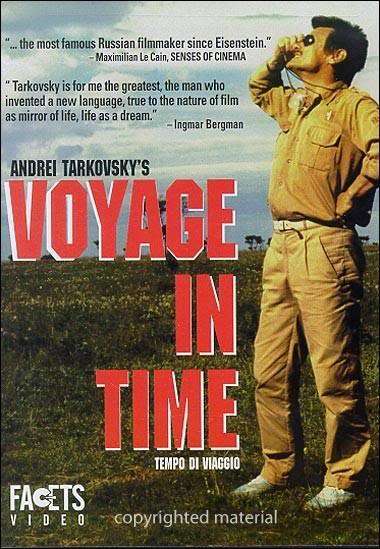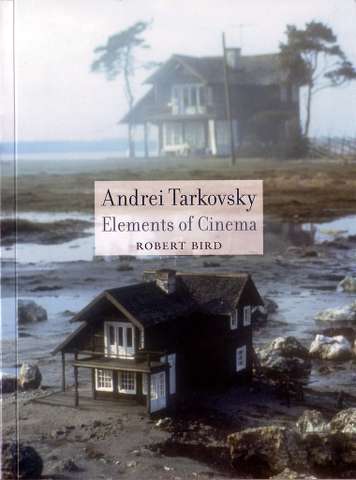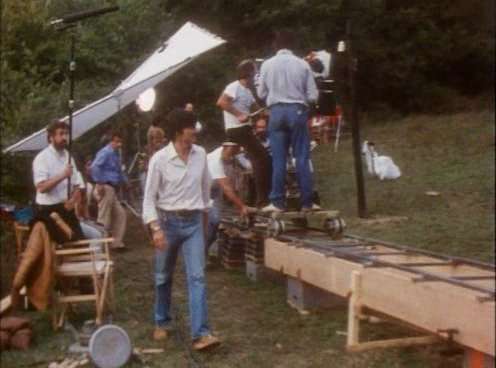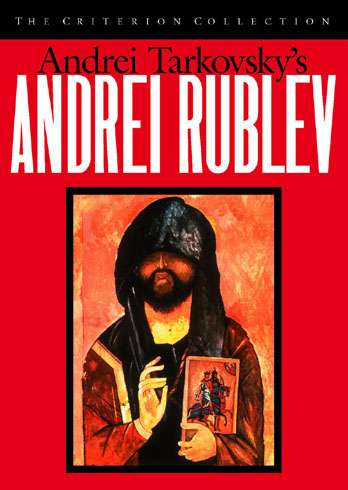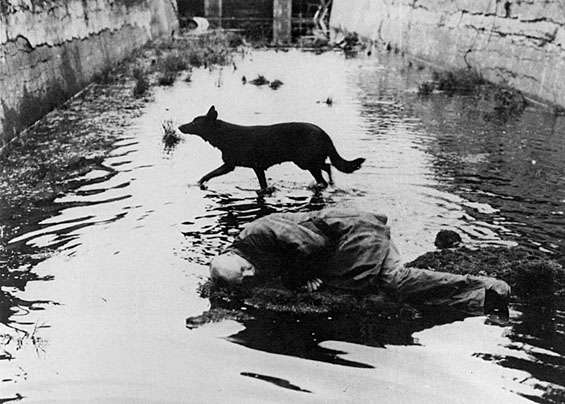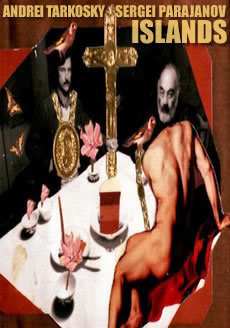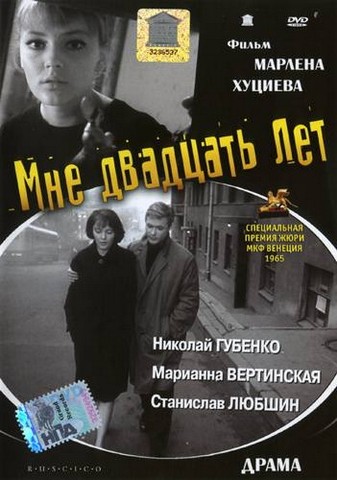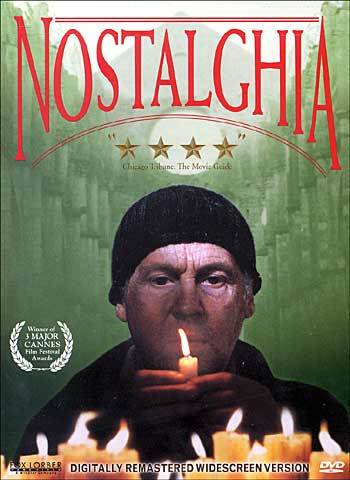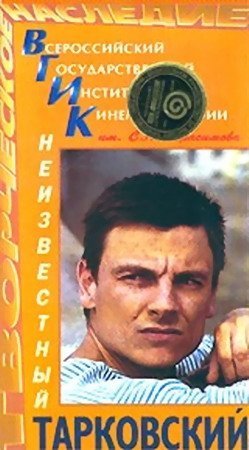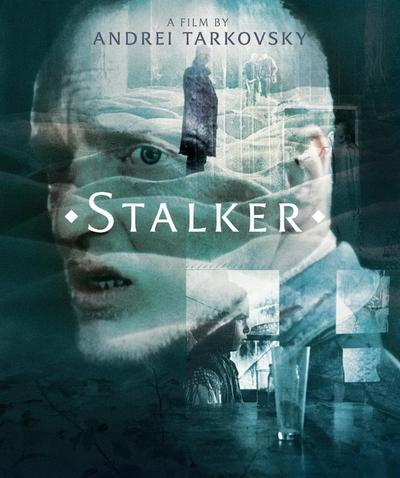
Quote:
Twenty years ago, a meteorite fell to Earth, and decimated a provincial Russian town. Villagers traveled through this curious area, now known as The Zone, and disappeared. Stories purport that there is an inner chamber within The Zone called The Room that grants one's deepest wish. Fearing the consequences from such an inscrutable resource, the army immediately secured the area with barbed wire and armed patrol. But the desperate and the suffering continue to make the treacherous journey, led by a disciplined, experienced stalker who can stealthily navigate through the constantly changing traps and pitfalls of The Zone. A successful Writer (Anatoli Solonitsyn), perhaps searching for inspiration or adventure, and a Scientist (Nikolai Grinko) searching for Truth, enlist the Stalker (Aleksandr Kaidanovsky) to guide them through The Zone. The Stalker has been trained by a renowned stalker named Porcupine, who, after an excursion with his brother into The Zone, returned alone and infinitely wealthy, only to commit suicide a week later. Soon, it is evident that reaching The Zone is not their greatest impediment, but the uncertainty over their deepest wish. As the men approach the threshold to The Room, their fear and trepidation for the materialization of their answered prayers leads to profound revelation and self-discovery.

